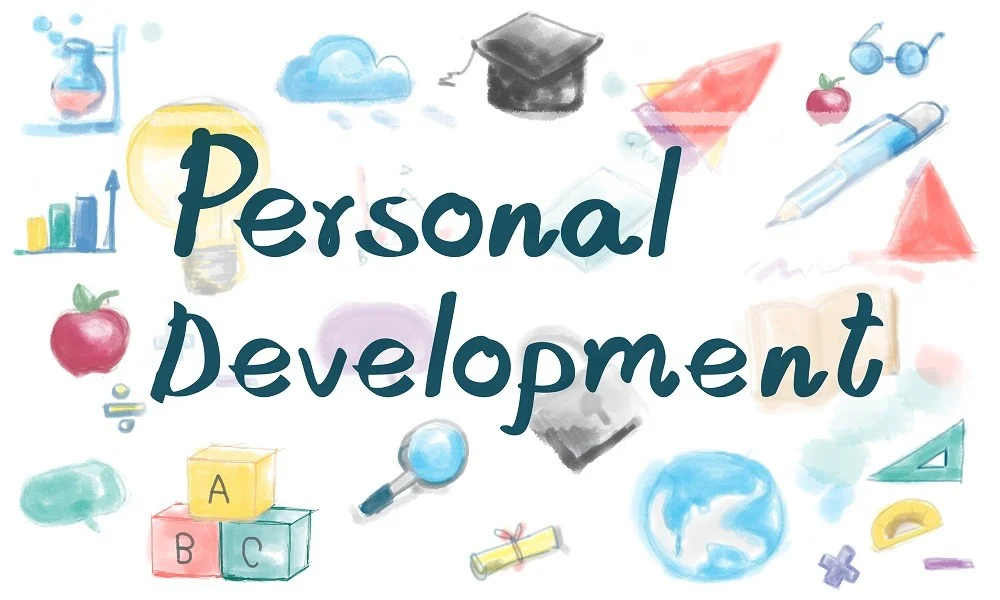
Self-improvement is universal to the people experience; we all have stuff we’d love to change about ourselves. Perhaps you need to lose weight, refine your skills in a certain zone, be more productive, more comfortable socially, and be happier. Whatever the ultimate improvement desiring, in order to attain it you may profit from identifying your specific aim, enact change, and cope with setbacks.
Know What You Need
Define your core values. Pen up down, prioritizing them, and read them regularly. Then set your aim based on them.
Imagining what it could be like in the future. Think about future negative and positive possibilities enhance inspiration, commitment to self-improvement and expectation of successful goal completion. Think about a positive future supports you imagine a reality where you are the best self you can be, while imagine a negative reality results in an awareness of what might occur if you do not met your improvement aim ladder.
Determine what requires improvement and what doesn’t. It is significant to be specific in your aim, and to know which aims are a top priority.
• Identify your assets (loving, honest, hard-working…etc.) and your liabilities (overweight, angry…etc.). This might support you identify the zones in which you need to make the most improvement.
• Prioritizing your list of goals. Rate each aim from 1-10, 10 being the higher priority for you. Aim on this goal first.
Get feedback. Receive feedback about what to refine upon support enhances goal-achievement and individuals’ performance on tasks. Thus, asking others pathways you do refine will support you create specific goals and motivating you to your journey.
• Begin by asking your significant other or family people ways they think you can refine yourself. Make certain you only ask humans whom you faith and those that will take your emotions into consideration (rather than criticizing or belittling you). You might be amazed by the answers.
• Talking to a trusted confidante such as a a religious leader, therapist or even a “sponsor” in a 12 step group. Have an outside party support lessen denial and self-deception. We sometimes have a issue of being either too soft or too hard on ourselves, but talk to others do support us form an accurate picture of ourselves if we are to refine.
• Picking which suggestions you do apply to yourself and to practice those suggestions. If some set doesn’t seem to work, try another! Nothing working for everyone. You want to explore what really works for you!
Making SMART goals. SMART goals are specific, attainable, measurable, time-bound and realistic. For example, your aim could be to lost 20 pounds (attainable, specific, measurable) in 3 months (time-bound, realistic).
Try this creative resource for creating SMART goals.
• Breaking down every goal into tiny goals. For example, if your aim is to lose 20 pounds you will require to create a plan which will include tiny goals such as: lower daily calorie intake, exercise 3-5 times per week, and limit sugar intake.
• Instead of making grand goals, starting by set up tiny goals that reach the grand goal. For instance losing 50 pounds might seem like a daunting task but something like no chocolate for the week might be more viable.
Seeking out info on how to pursue that change. Information can be gathered from friends, books, articles, professionals and family. It is amazing how much information will discover you when you are ready!
• Thinking about manners you have made same positive changes in the past. If you haven’t, thinking about how others have attained what you need. For example, if you need to lost weight, you could sign up for Weight Watchers and going to groups at the center.
Make certain you are ready to alter. There are 4 stages of change as per to the Model of behavior change. Identify which stage you are in can support you decide whether you are ready to make a change or if you want more inspiration.
• Pre-contemplation stage: This stage is when there is a issue but you are not conscious of it or you deny it. Nobody is ideal; everyone has flaws and wants to constantly working on them. If you don’t admit your flaws courageous way, you would delete any improvement possibility.
• Contemplation: You are aware of an issue and are contemplating change it. Humans can become stuck on this step for a longer time until they moved on. You might be in this stage if you are still deciding what to alter about yourself. Or maybe you are scared of change; in that case, understand that changing is an necessary part of progress which you must embrace.
Be your own coach. Self-coaching or check in with yourself on a regular basis has been connected to increase up in self-improvement, especially in terms of leadership qualities. Regular check-ins facilitate awareness of your present performance and your potential to attain goals.
• Asking yourself questions like, Did I aim on or work towards my aim today? Did I have a optimistic attitude today? Was I kind to myself today? Did I accepted my challenges today? Did I changed something for the better today?
• Whatever it is that you’re trying to refine, taking time to practice regular way.
